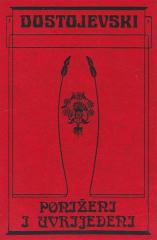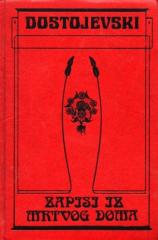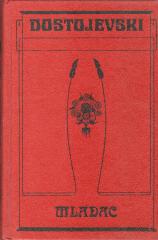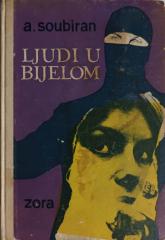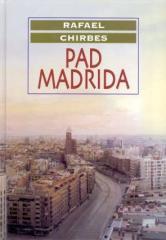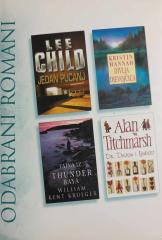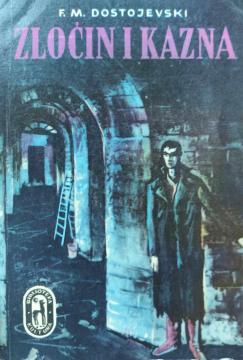
Zločin i kazna
Rodion Romanovič Raskolnikov is an ambitious law student. Driven by misery and an uncertain future, he decides to kill and rob a hated old woman who exploits people through usury.
Apart from the fact that he plans to solve his own financial and family problems with murder, he also considers it ethically justified, because, in his opinion, the lives of ordinary people who stand in his way are worth nothing compared to the noble ideals he strives for: he believes that he, as an exceptional individual, it is above the moral rules that bind other people. He carefully works out the plan, but still mistakes sneak up on him and attract the suspicion of the police. He himself becomes unsure whether he has acted correctly and whether, after all, he has committed a crime, and he despairs and longs for redemption. In the mental crisis he is going through, he is helped by Sonja Marmeladova, a suffering girl who humbly and passively holds herself against evil and life's adversities, and finds solace in her faith.
Using a criminal story, Dostoevsky composed a classic known to everyone today, in which he presented all the complexity of the individual's relationship to existing laws. Rapid social changes throughout Europe in the 19th century, and especially in Russia, lead to great social injustices. The individual thus found himself in a gap between the law, which protects him, and injustice, and the need to preserve human values. Dostoevsky dedicated his great stories to this.
No copies available
The last copy was sold recently.
